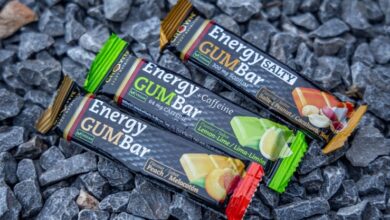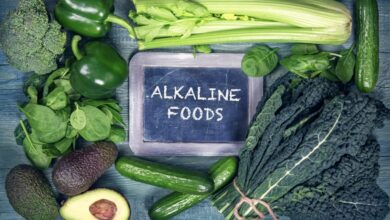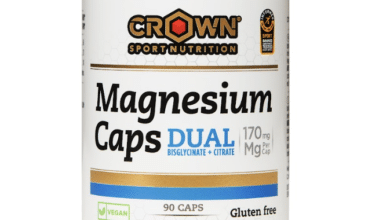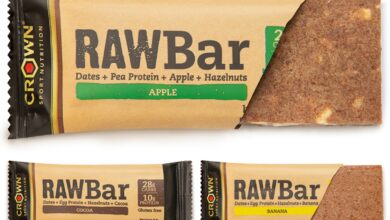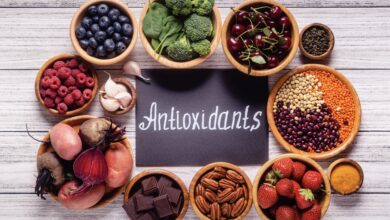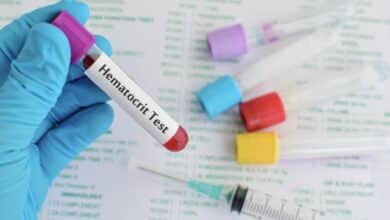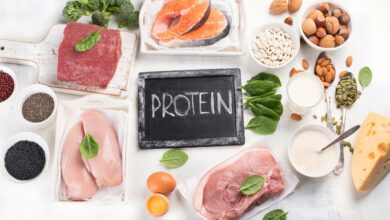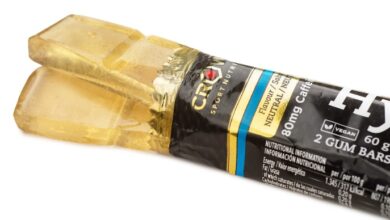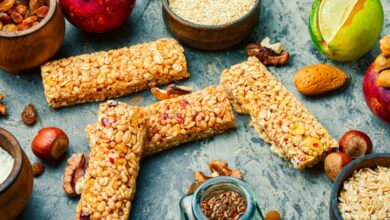Ergogenic effect of caffeine by Victory Endurance

The main results associated with caffeine intake in athletes include delay in the onset of fatigue, reduction of pain and effort sensations, improvements in muscle contraction, improvements in high-intensity workouts, increase of fatty acid oxidation, increase in the production of average power or stimulation of motor activity (Ramírez-Montes CA and col 2013).
Our collaborator Victory Endurace tells us in this article written by Belén Rodríguez Doñate the effect that caffeine has on our body.
We recently talked about ergogenic aids and which of them were classified within effective and safe supplements and possibly effective ones. According Kreider et al. 2010, within the effective supplements to improve performance, is caffeine.
Previously we talked about a caffeine intake between 3 and 9 mg / kg about 30-90 minutes before exercise, to observe beneficial effects on performance.
The main results associated with caffeine intake in athletes include delay in the onset of fatigue, reduction of pain and effort sensations, improvements in muscle contraction, improvements in high-intensity workouts, increase of fatty acid oxidation, increase in the production of average power or stimulation of motor activity (Ramírez-Montes CA and col 2013).
Caffeine is rapidly absorbed through the gastrointestinal tract. High levels of caffeine may appear in the blood between the 15 and 45 minutes after ingestion, having a half-life of between 3-7 hours.
Reference is also made to the notable improvement of fatigue in resistance exercises, with the intake of caffeine together with sodium bicarbonate; 70-90 minutes before the exercise (Marriott M and 2015 col) or of carbohydrate mouthwash along with caffeine (From Pauw K and col 2015).
Some energy drinks rich in carbohydrates and caffeine seem to have shown the beneficial effects to increase performance (Campbell B et al 2013). This effect has been directly related to this substance and not to other compounds that appear in drinks.
Caffeine can be taken in our normal diet, for example through coffee or cocoa and we can also find it in sports supplements that contain caffeine directly.
Making a comparison of some products with caffeine we find that:
- A coffee: 90 mg caffeine approx
- The tail: 45 mg caffeine
- Red bull (can of 250 ml): 80 mg caffeine
But we must take into account the doses that each person are able to tolerate. According to a review of Urdampilleta Initial recommendations are different in men and women:
|
|
General Dosage |
Explosive and team sports |
Long-term sports |
|
Men |
3-6 mg / kg |
5-6 mg / kg |
3-4 mg / kg |
|
Women |
2-3 mg / kg |
4 mg / kg |
3 mg / kg |
You have to take into account the chelating effect of caffeine. Excess caffeine can decrease the absorption of calcium, an essential mineral in bone health. According to a study Escott-Stump, 2008 It seems that caffeine can decrease the absorption of magnesium, potassium, sodium and phosphorus.
As side effects it is spoken of an increase of the diuresis and the insomnia; But all this depends on the doses that are taken and the individual tolerance of each person to caffeine.
I would like to present a new ergogenic product, from Victory endurance, with caffeine: Pre Training Complex.
It is a product that acts by delaying fatigue and thereby improving performance; Thanks to its content in Beta-alanine, BCAAS or caffeine within its most relevant compounds.
It is recommended to consume 15 g of Pre training complex about 45 minutes before training. For this amount the contribution is as follows:
|
|
By 15 grams |
|
L-Arginine |
2000 mg |
|
L-Glutamine |
998 mg |
|
BCAA |
990 mg |
|
Beta Alanina |
800 mg |
|
L- Orinitine |
500 mg |
|
Taurine |
491 mg |
|
Citrulline malate |
491 mg |
|
Caffeine |
79.5 mg |
|
Football |
207.01 mg |
|
Chloride |
532.6 mg |
|
Phosphorus |
91.5 mg |
|
Molybdenum |
12 g |
|
Sodium |
72.7 g |
|
Vitamin B1 |
0.28 mg |
|
Vitamin B3 |
4 mg |
|
Vitamin B6 |
0.35 mg |
|
Vitamin B12 |
0.62 g |
As seen in the previous table, the recommended 15 g provide 79.5 mg of caffeine, a similar amount to the red bull that we talked about before and something less than a cup of coffee.
You can also highlight the product's content of numerous B vitamins or minerals such as calcium, phosphorus and sodium; to this is added the content of arginine with its anti-inflammatory effect.
The content of sugars must be taken into account, since it contains isomaltulose, a source of glucose that can cause a caloric excess if its consumption is abused.
The intake of this product should also be monitored by the lactose and gluten intolerant, as it may contain traces of the latter.
We encourage you to try it; but always watching the tolerance you have towards caffeine and adjusting the doses that you feel good!
Belén Rodríguez Doñate
Doctor in Nutrition, Dietitian-Nutritionist
Specialist in sports nutrition and training
There are no previous results.







